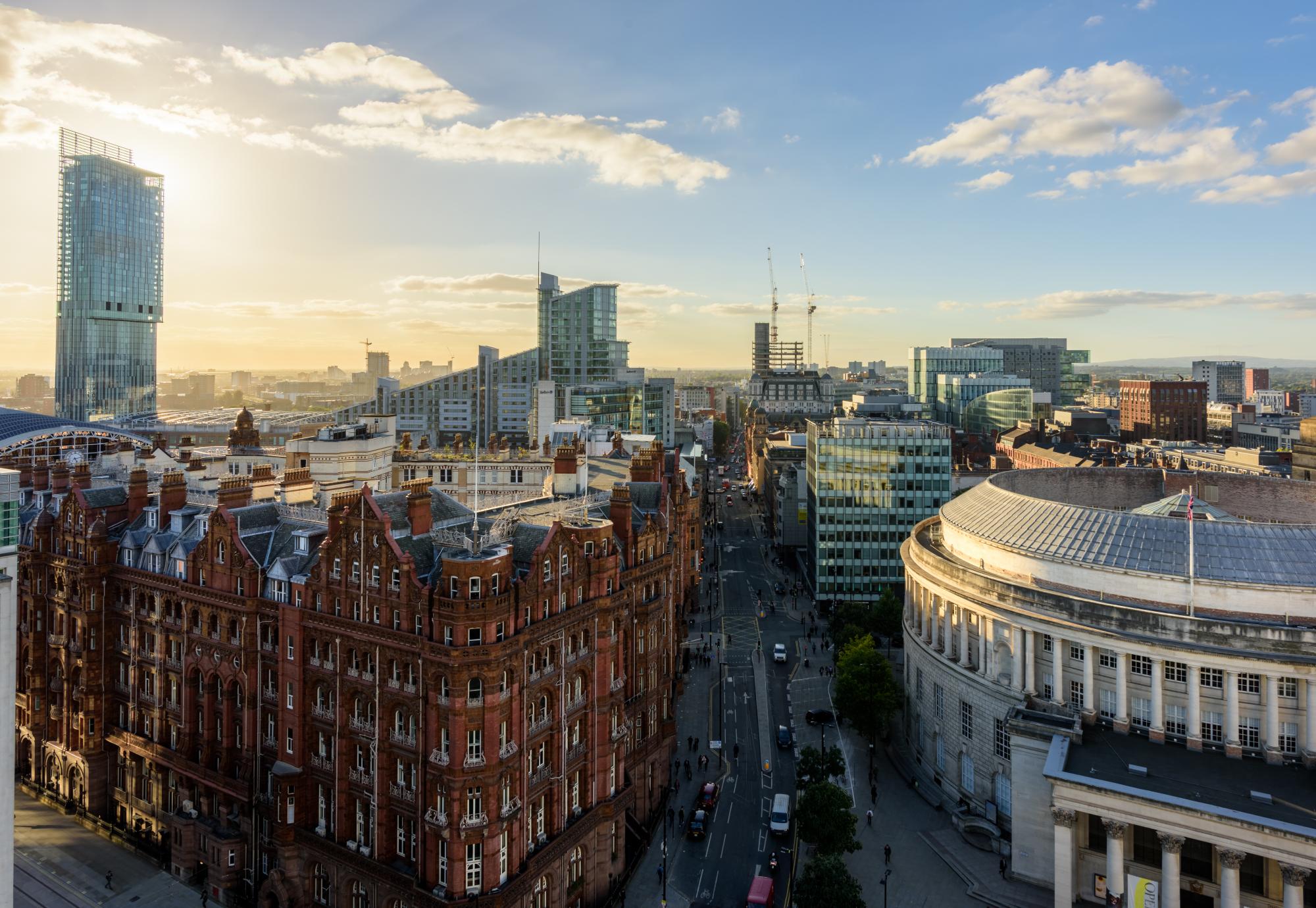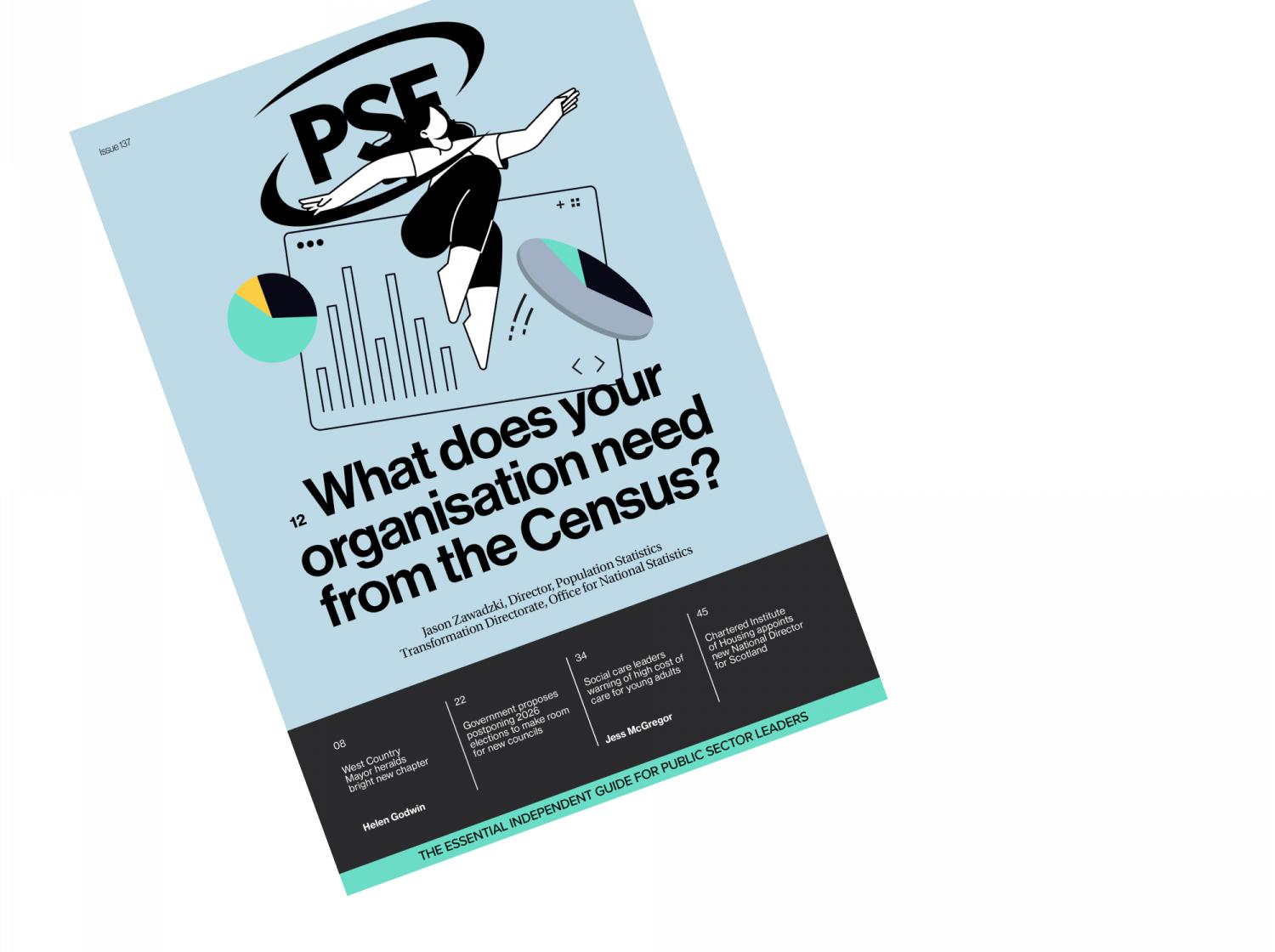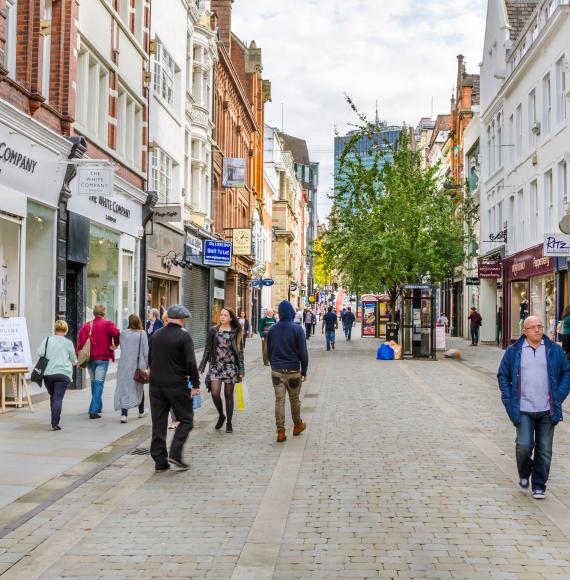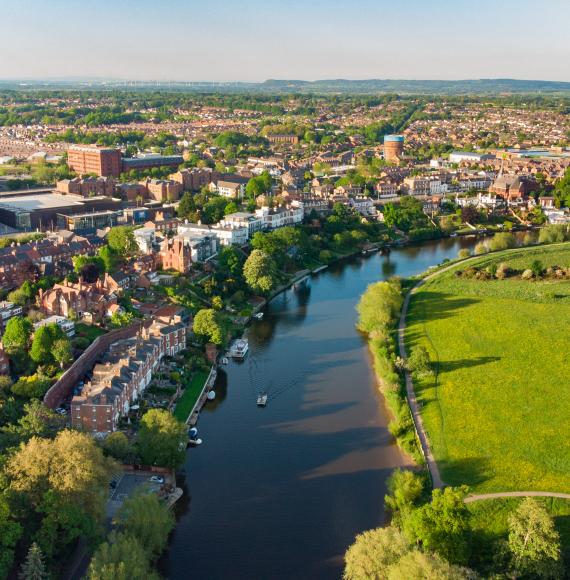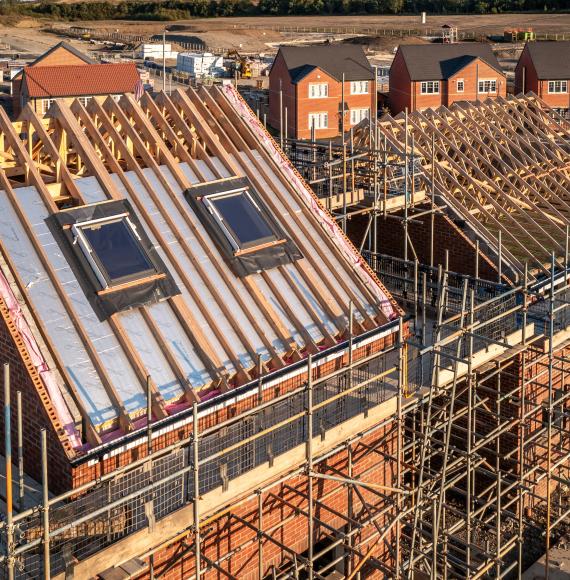A new consultation on Manchester’s Local Plan has opened, gathering public feedback on the draft plan that will guide development in the city over the next fifteen years. |
|
The consultation will remain open for eight weeks before closing at 11:59 pm on Monday 17 November.
In-person engagement events will also be held for people to speak to specialist officers and find out more.
Following the initial public engagement, the Council will then review the draft plan against the feedback received through the consultation with a view to further consultation on the final draft plan next summer.
The final draft plan will then be submitted to the Government to be examined by an Inspector with the expectation that this is returned to the Council for adoption by the summer of 2027.
What is the Local Plan? Every Council is legally required to agree to a Local Plan that sets out a long-term framework for how land in an area should be developed.
The Plan acts as a guide through the planning process for new housing - including provision for social rent and affordable housing – employment and shops, green spaces, city infrastructure such as roads, schools and healthcare - and how development can support the city to become net zero carbon by 2038.
The Local Plan is a statutory requirement and sits alongside and complements existing strategies and policies that themselves deliver the vision of the Council.
For example: the city’s ambitious 10-year strategy ‘Our Manchester’ that was launched earlier this year sets the Council’s priorities over the next 10 years. And the city’s Housing Strategy provides a road map for residential delivery – and is on track to deliver 36,000 new homes up to 2032, including more than 10,000 genuinely affordable and social homes.
The previous Manchester Local Plan was adopted in 2012. The current review was delayed while the Greater Manchester Places for Everyone plan was adopted, into which the Manchester Plan must align.
Key elements of the draft Local Plan:
Overall housing delivery is a set requirement through the GM Places for Everyone plan at 3,533 homes per year – which represents a more ambitious target than the requirement through the current National Planning Policy Framework (2,430 per year). This will not change as part of the local plan review and this target is already being met by the separate housing strategy.
What the city needs has changed since 2012, since then the current Housing Strategy has been looking to deliver around 30% affordable homes against the total number of homes built in the city. Therefore, the draft plan looks to formally increase the target of affordable housing through the planning process from 20% to 30% - with 70% of this capped at social rent. New housing should include a range of affordable tenures from social rent, Manchester Living Rent, shared ownership options and affordable homes. Affordable housing as part of Purpose Built Student Accommodation will also be tested through a viability assessment process to increase access to affordable student housing.
The Local Plan will continue to support the strong growth seen in the city since the adoption of the previous plan. It will provide a platform to maximise sustainable economic growth opportunities, job creation and inward investment – which each support the economic competitiveness of Manchester. To this end, the draft Plan proposes expanding the City Centre boundary to ensure its footprint can capitalise on its potential – and remain the UK’s most significant economic driver outside of London, enabling further economic and employment growth.
Improving access and quality of open and green spaces across the city has been a big priority in recent years, increasing biodiversity. This will include how Manchester can adopt the Urban Green Factor (UGF) principles to improve green infrastructure. The review reflects the need to work closely with United Utilities and the Environment Agency to address areas at risk of flooding.
The Local Plan should support place making to support the city’s hugely successful nighttime economy to thrive and support the city’s long-term cultural strategy. The review will also look at future demand and types of hotel accommodation – along with the impact of short term lets, in line with potential changes to national policy.
The review will support the ongoing success of Manchester city Centre and support the efforts to enhance even further the many vibrant district centres and high streets across the city high streets.
The draft plan looks to simplify the approach to zero carbon policies to help meet the city’s net zero target – while continuing to work closely with Manchester Climate Change Agency on the approach.
The review will determine whether the city-wide approach can be strengthened in terms of design and how a revised residential quality guidance document complements the Local Plan. And it will review recommendations around potential conservation areas and the boundaries of existing protected areas.
Much of the existing strategy around transport will be retained while linking into the current Movement Plan, Parking Strategy and City Centre Transport Strategy, alongside TfGM’s revised Local Transport Plan.
Cllr Gavin White, Manchester City Council's executive member for housing and development, said: “Manchester has huge ambitions to make our city even better with great neighborhoods and more good quality homes and well-paid jobs for all of our residents. Our hugely ambitious Housing Strategy is delivering thousands of genuinely affordable, council and social homes in the city. We built more council and social homes last year than we’ve done in well over a decade.
“The Local Plan helps guide appropriate development in the city to make sure that it supports Manchester’s growth and provides a blueprint for development going through the planning process. In order to meet our housing ambitions, we are consulting on increasing the percentage of affordable housing required, to bring it in line with our existing Housing Strategy.
“Importantly it sits alongside other key strategies, such as our housing strategy, and helps us meet our ambitious plans for Manchester’s growth and success over the next 15 years – how we attract business, create jobs, build homes and ensure our residents share in the success of our city.
“One of the key elements of this review is how we continue to build and increase the delivery of the homes that we know our residents need. We have made a commitment to help build at least 36,000 homes up to 2032 – 10,000 of which will be affordable – and updates to the draft Local Plan looks to help us achieve and exceed this target.
Image credits: Manchester City Council
|
